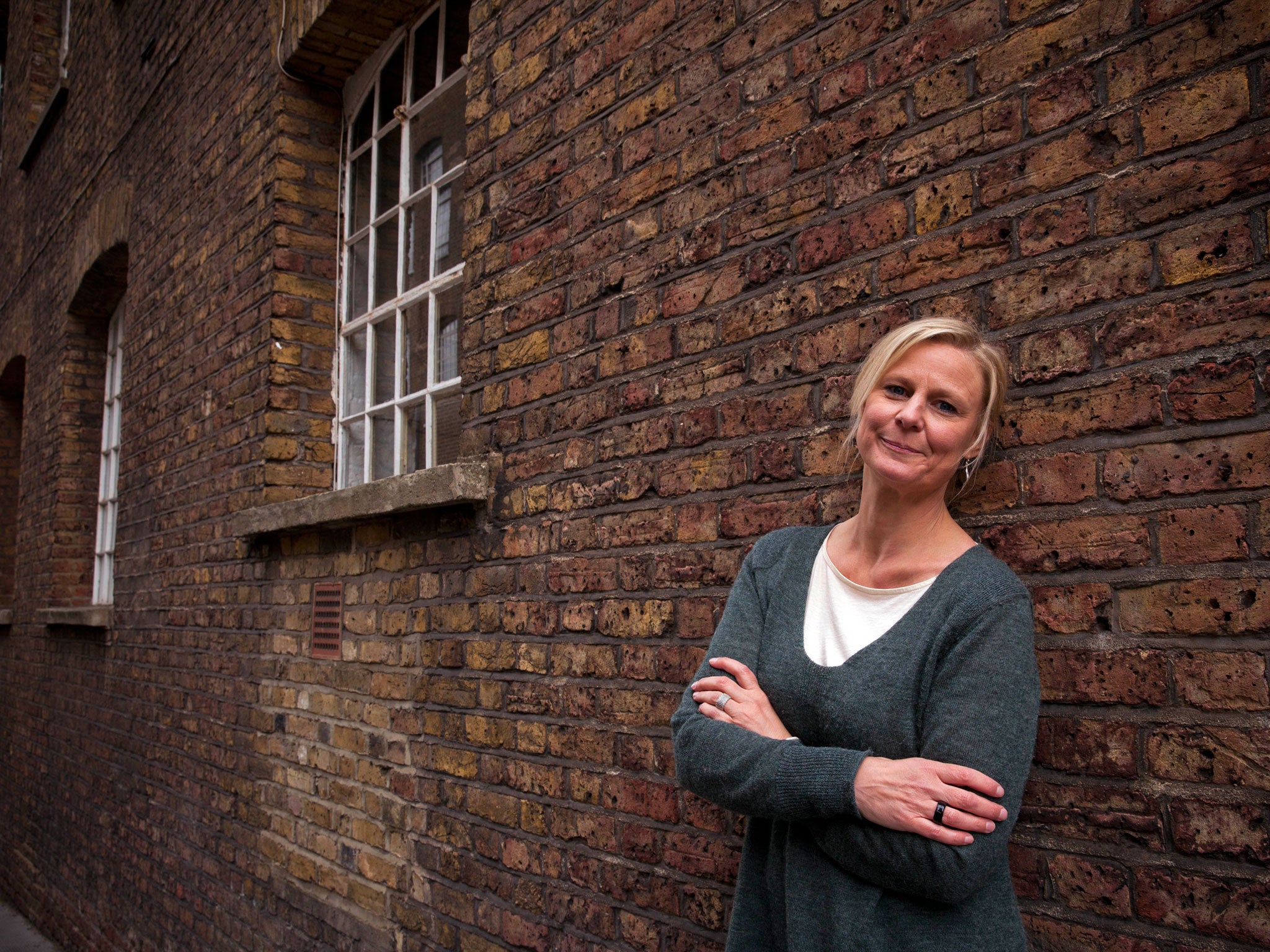Debut fiction round-up: Gripping tales of dystopia and disappearing acts
From Kirsty Logan's The Gracekeepers to Alex Hourston's In My House

Readers of debut fiction have been spoilt for choice this month: from a watery dystopia, through Victorian England and the battlefields of Iraq, to tales of obsession and intrigue, the inventiveness has been impressive. In Kirsty Logan's The Gracekeepers (Harvill Secker, £12.99), set in a world of vast oceans, two young women – one the member of a sailing circus troupe; the other a gracekeeper, banished from her home archipelago to live a lonely life tending the graves of those who perish at sea – are drawn together. It's a softly magical tale, gentler than most contemporary dystopias, but no less compelling.
Although it reads all gimmicky conceit and no substance – a tale of two friends, one at graduate school in Boston, the other serving in Iraq, who maintain their complicated friendship by way of updating the page they initially jokily create about themselves on Wikipedia; actually co-authored by two friends whose bios reads uncannily similar to that of their fictional characters – Christopher Robinson & Gavin Kovite's War of the Encyclopaedists (Hamish Hamilton, £16.99) is actually rather brilliant. It's like Franzen crossed with David Abrams' Fobbit; the end result shrewd, funny and heartfelt.
Catie Disabato also ingeniously combines fact and fiction in The Ghost Network (Melville House, £12.99), a story that revolves around the disappearance of Molly Metropolis, a "cyborgian fantasy pop star". Disabato imaginatively entwines pop culture and cultural theory as the two women fixated on finding Molly – old schoolmates, one a journalist looking to make a name for herself, the other Molly's assistant, now united in their common goal – discover that the singer's passion for Guy Debord might hold the clue to the mystery. As gripping as it is clever, it's both a treatise on modern celebrity and a thriller for the thinking man or woman.
Obsession is also the name of the game in Things We Have in Common (Canongate, £12.99). Yasmin, Tasha Kavanagh's narrator, a 15-year-old overweight and unhappy loner, has to be one of the creepiest creations in contemporary fiction. Bullied at school and out of place at home, the only ray of light in Yasmin's life is Alice – a girl in her year at school whom she fantasises about saving from the clutches of a paedophile. Kavanagh captures the voice of her troubled teen protagonist with such clarity it makes for an unsettling reading experience, but this is nothing compared to the alarming lengths to which Yasmin will go to make a friend. Genuinely chilling, this is one of the best books I've read this year.
Gavin McCrea also deserves praise for his command of voice in Mrs Engels (Scribe, £14.99). His narrator is Lizzie Burns, the Irish mill worker-turned-helpmeet of Friedrich Engels, his wife in all but name, defying the conventions of bourgeois society in the late 1800s. This is the best kind of historical fiction – oozing period detail, set in a milieu populated by famous figures and events about which much is known, but seen through the eyes of a central character who, due to her illiteracy, left no ready access to her experience in the form of letters or diary entries: a rich and accomplished first novel.
Alex Hourston presents another intense first person narrator in In My House (Faber, £14.99). Fifty-eight year old Maggie, a reserved and self-contained individual, finds fleeting fame as a "have-a-go" hero when she comes to the aid of a young woman being trafficked at Gatwick airport. The encounter is chance, but the ramifications are extensive, reverberating through Maggie's life in dangerous and disorientating ways. At times slightly overwritten, but otherwise a taut exciting new kind of domestic noir. lucy scholes
Join our commenting forum
Join thought-provoking conversations, follow other Independent readers and see their replies
Comments
Bookmark popover
Removed from bookmarks